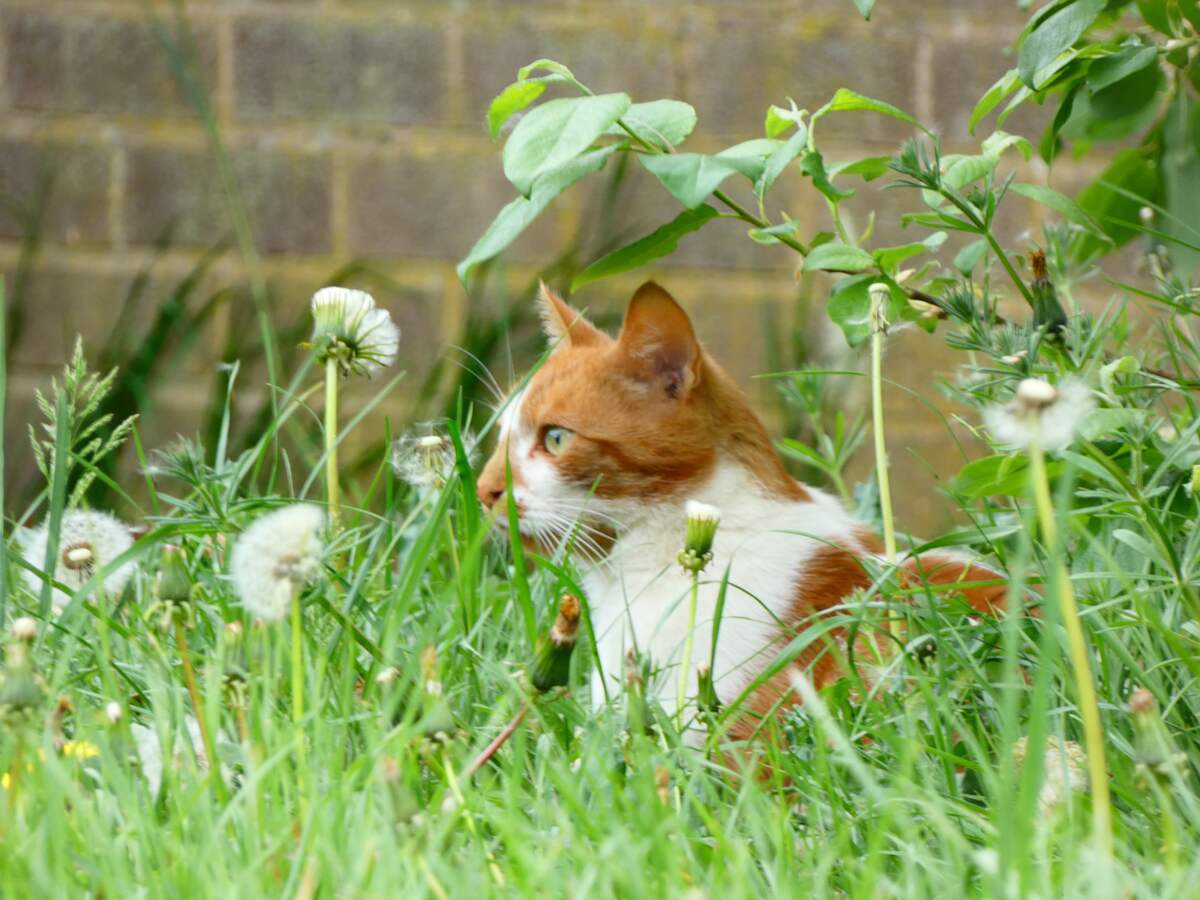In the hustle and bustle of modern life, creating an oasis of tranquility in your own backyard has become more important than ever. Non-toxic gardens not only provide a peaceful retreat but also help create a healthier environment. In this article, we explore the steps you can take to transform your outdoor space into a non-toxic garden paradise.
Embrace Organic Gardening Practices
The foundation of a toxic-free garden is implementing organic gardening practices. Say goodbye to synthetic pesticides and fertilizers that can harm the environment and health. Choose natural alternatives such as neem oil for pest control and compost for enriching the soil. By avoiding chemical inputs, you create a safer haven for plants and people.
Choose Native Plants
Choosing native plants is an important aspect of creating a poison-free garden. Native plants adapt to the local climate and require fewer interventions, such as pesticides or overwatering. They also support local ecosystems by providing habitat for native wildlife. Research and select plants native to your region to promote biodiversity and reduce the need for chemical interventions.
Implement Water-saving Technologies
Saving water is not only environmentally friendly, but it is also an important part of maintaining a toxic-free garden. Install rain barrels to collect rainwater for irrigation, and consider using a drip irrigation system to minimize water waste. Additionally, reduce your garden’s overall water footprint by choosing drought-tolerant plants that require less water.
Compost Promotes Soil Health
Composting is a sustainable practice that not only reduces waste but also improves soil health. By composting kitchen and garden waste, you can create nutrient-rich soil without using synthetic fertilizers. This organic matter promotes the growth of beneficial microorganisms, providing your plants with a thriving and toxic-free environment.
Natural Pest Control
Encourage natural enemies such as ladybugs and spiders to keep unwanted pests at bay. Planting companion crops such as marigolds and basil can also deter harmful insects. Avoiding the use of chemical pesticides ensures that your garden remains a haven for beneficial insects, creating a balanced ecosystem that supports plant growth without compromising the health of the environment.
Share your Drug-free Journey
Document your journey to toxic-free gardening and share it with your community. Whether it’s through blogging, social media, or local events, spreading awareness about the benefits of a non-toxic garden can inspire others to make eco-friendly choices. Consider organizing workshops or partnering with local environmental groups to increase your impact.
Sustainable Garden Decoration
Extend your commitment to sustainability beyond plant care by choosing eco-friendly garden design. When choosing furniture, planters, and decorative elements, opt for recycled or upcycled materials. Not only does this reduce your carbon footprint, but it also adds a unique, rustic charm to your toxic-free garden paradise.
Education and Community Involvement
Turning your yard into a drug-free haven takes a community effort. Organize a workshop, webinar, or garden club to share your knowledge and learn from others. Working with neighbors and local communities promotes a sense of environmental responsibility and creates a network of like-minded individuals working towards a common goal.
Emphasize the Health Benefits
Highlight the health benefits of toxic-free gardens in your content. Fresh air, less stress, and more physical activity are just some of the positive results of spending time in the garden. By highlighting these benefits, you will not only attract a wider audience but also help promote overall well-being.
Regular Maintenance Tips
Provides practical tips for maintaining a poison-free garden. From proper pruning techniques to monitoring soil health, providing guidance on daily tasks will ensure your audience can easily incorporate these practices into their gardening routine. Regular maintenance will not only keep your garden thriving, but it will also prevent the need for drastic interventions that may involve harmful chemicals.



